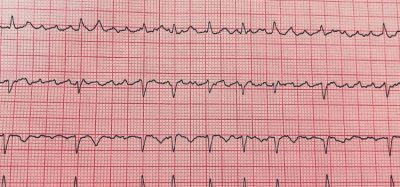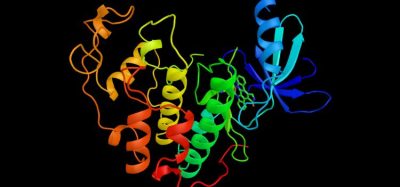EC approve Zeposia® to treat ulcerative colitis
Posted: 26 November 2021 | Anna Begley (European Pharmaceutical Review) | No comments yet
The European Commission (EC) has granted Zeposia® (ozanimod) a marketing authorisation to treat people with ulcerative colitis.


The European Commission (EC) has has granted a marketing authorisation for Zeposia® (ozanimod) for the treatment of adults with moderately to severely active ulcerative colitis (UC) who have had an inadequate response, lost response, or were intolerant to either conventional therapy or a biologic agent.
Zeposia, an oral medication taken once daily and made by Bristol Myers Squibb, is a sphingosine 1-phosphate (S1P) receptor modulator that binds with high affinity selectively to S1P subtypes 1 (S1P1) and 5 (S1P5). It is the first and only oral S1P receptor modulator approved for UC.
The approval was based on data from True North, a pivotal Phase III trial evaluating Zeposia as an induction and maintenance therapy versus placebo in adult patients with moderately to severely active UC.
Key findings from the trial include:
- During induction at Week 10 (Zeposia n=429 versus placebo n=216) the trial met its primary endpoint of clinical remission (18 percent versus six percent) as well as key secondary endpoints, including clinical response (48 percent versus 26 percent), endoscopic improvement (27 percent versus 12 percent) and endoscopic-histologic mucosal improvement (13 percent versus 4 percent) for Zeposia versus placebo, respectively
- During maintenance at Week 52 (Zeposia n=230 versus placebo n=227) the trial met its primary endpoint of clinical remission (37 percent versus 19 percent) as well as key secondary endpoints, including clinical response (60 percent versus 41 percent), endoscopic improvement (46 percent versus 26 percent), corticosteroid-free clinical remission (32 percent versus 17 percent) and endoscopic-histologic mucosal improvement (30 percent versus 14 percent) for Zeposia versus placebo, respectively. Decreases in rectal bleeding and stool frequency subscores were observed as early as Week 2 in patients treated with Zeposia
- In the induction and maintenance phases of the True North trial, the overall safety profile was consistent with the known safety profile for Zeposia and patients with moderate to severe UC.
“The findings from the True North trial show that Zeposia demonstrated significant, durable efficacy in patients with moderate to severe UC across multiple key endpoints such as clinical improvement, endoscopic and mucosal healing and clinical remission,” commented Dr Silvio Danese at the San Raffaele Hospital and the University Vita-Salute San Raffaele, Italy. “The results for endoscopic improvement and histologic remission are particularly meaningful because they can be very difficult to achieve, indicating that Zeposia has the potential to be an effective and safe oral treatment option for clinicians treating adults living with this serious, chronic disease.”
“With today’s EC approval of Zeposia for ulcerative colitis, patients and physicians now have a once-daily oral treatment option to help address this debilitating disease, with a demonstrated efficacy and safety profile and a different mechanism of action than other available therapies,” added Dr Jonathan Sadeh at Bristol Myers Squibb.
Related topics
Big Pharma, Clinical Trials, Data Analysis, Drug Safety, Regulation & Legislation, Therapeutics
Related organisations
Bristol-Myers Squibb, Raffaele Hospital, University Vita-Salute San Raffaele









